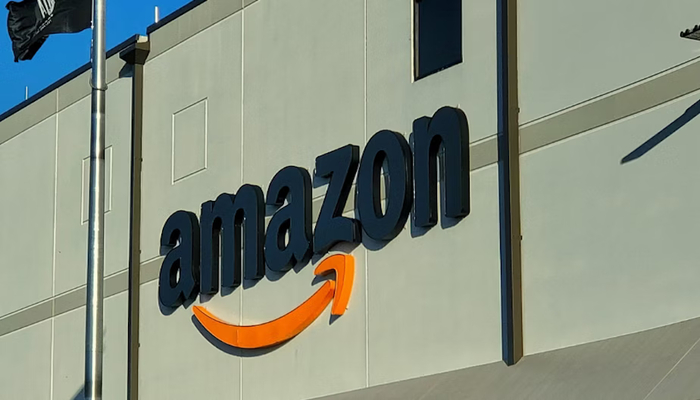
In a bid to revolutionise the way cars are bought, Amazon has revealed plans to sell cars directly on its platform (Amazon.com) starting from next year.
Initially, the e-commerce giant’s focus would be Hyundai vehicles, which reflects Amazon's ambition to play a vital role in altering the dynamics of the car-buying process besides having the potential for other companies to join the initiative.
Acquiring a car is typically a tiresome process, but the rising trend of online car purchasing offers a favourable alternative for many individuals.
Read more: How to shop easily? Users can buy Amazon products from ads on Snapchat
In the case of buying a car of Tesla calibre, the price is fixed without any dealer markups, and the financing process can be conveniently completed on Tesla's website.
However, the typical approach often involves dealing with local dealerships, leading to additional costs, sometimes amounting to tens of thousands of dollars due to high demand for certain vehicles.
How to buy a car on Amazon
As per Amazon’s announcement, you’ll be able to buy cars straight from its website. However, it’s important not to raise your expectations too high as it's unlikely that the process will be seamlessly hassle-free compared to other online car-purchasing options.
Purchasing a car on Amazon will differ significantly from buying everyday items. You won't be able to simply click on "Buy" and enjoy free shipping through your Prime membership, as is the case with other products on the platform.
So, how will the process unfold? Essentially, it will involve local dealers. According to Amazon's announcement, the company will function as a platform "for dealers to build awareness of their selection and offer convenience to customers."
To put it mildly, Amazon appears to serve as a storefront meant exclusively for local dealers, rather than providing a direct avenue for companies to sell their products directly to consumers.
















